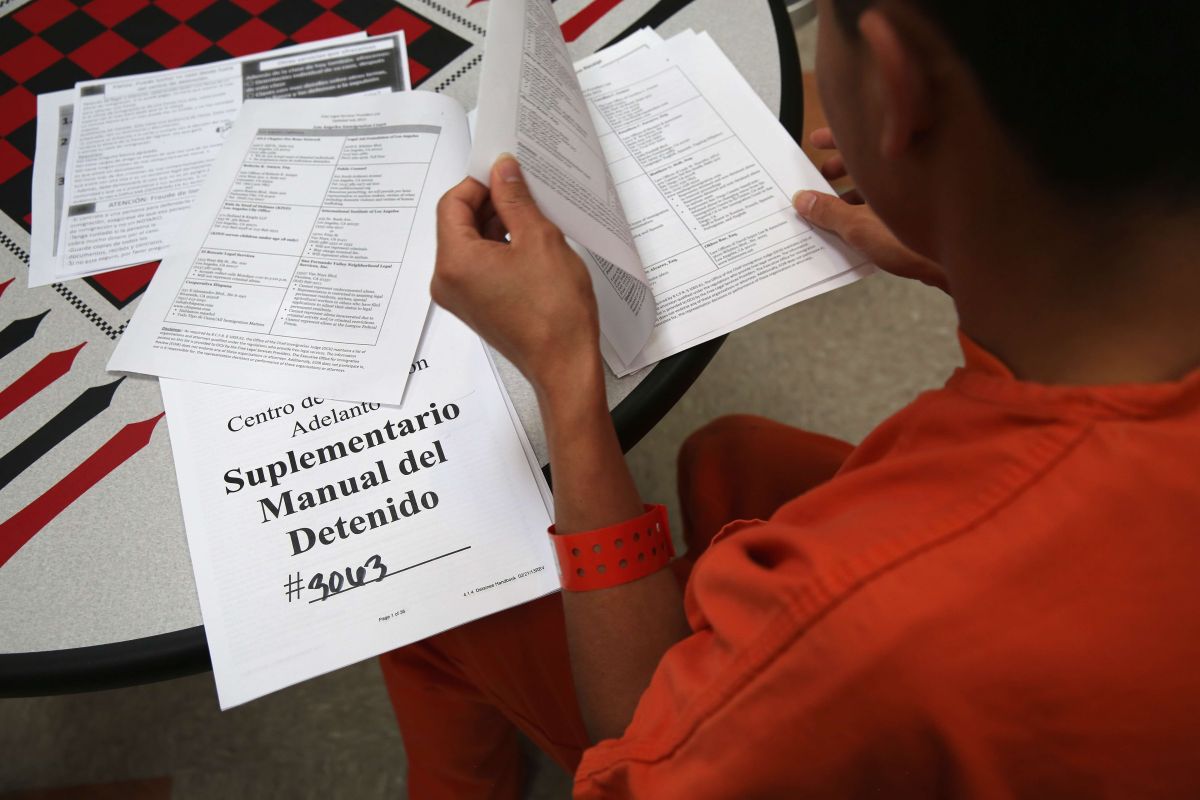President Joe Biden promised to close the private prisons that make a fortune by locking up immigrants, keeping them in poor and abusive conditions. The proposed alternative is much better, but it must be accompanied by other important changes.
Last January, Biden issued an executive order to gradually eliminate contracts with private prisons. Months later he said that he will end the detention of immigrants in those centers. The dilemma is how to deal with the 79% of immigrants currently detained in those places and the undocumented immigrants who are being detained.
The White House is planning to expand a pilot program of home confinement and curfew through various tracking devices, such as mobile phones, bracelets and smart watches. Detainees would have to be at home from 8 p.m. to 8 a.m., with exceptions to work hours, for those who have work authorization or extraordinary circumstances.
It is better to be at home instead of a detention center with security problems and mistreatment, as described by these sites a report from the General Comptroller’s Office (GAO). The purpose of both home surveillance and confinement is to guarantee that the undocumented person arrested at the border shows up for the hearing with the immigration court that will decide their fate.
Studies indicate that it is not true that without the confinement most of the undocumented do not show up for the appointment with the judge. The Syracuse University TRAC report that analyzes migration data indicates that in 2015 the 86% of undocumented people showed up for the appointment. In 2019 the proportion in the number of families that kept the appointment is maintained.
People with legal advice are the ones who best attend the hearing . Having an immigration aid does not guarantee residence, but it helps to go before the judge, if the purpose is to avoid desertion. We condemn Republican efforts in the House of Representatives to eliminate money for this legal advice.
We are concerned that increasingly the backlog of cases in the immigration courts is greater. At the end of December 2021, the number of pending cases reached 1,596,193, the largest in the history of the immigration court system. TRAC estimates that the wait is more than 900 days.
We believe that it is urgent to complement the change from confinement in a private prison to home surveillance with advice to achieve the goal in question on a case-by-case basis according to the situation of the undocumented person. As well as expanding the immigration court so as not to perpetuate a strict temporary measure.
